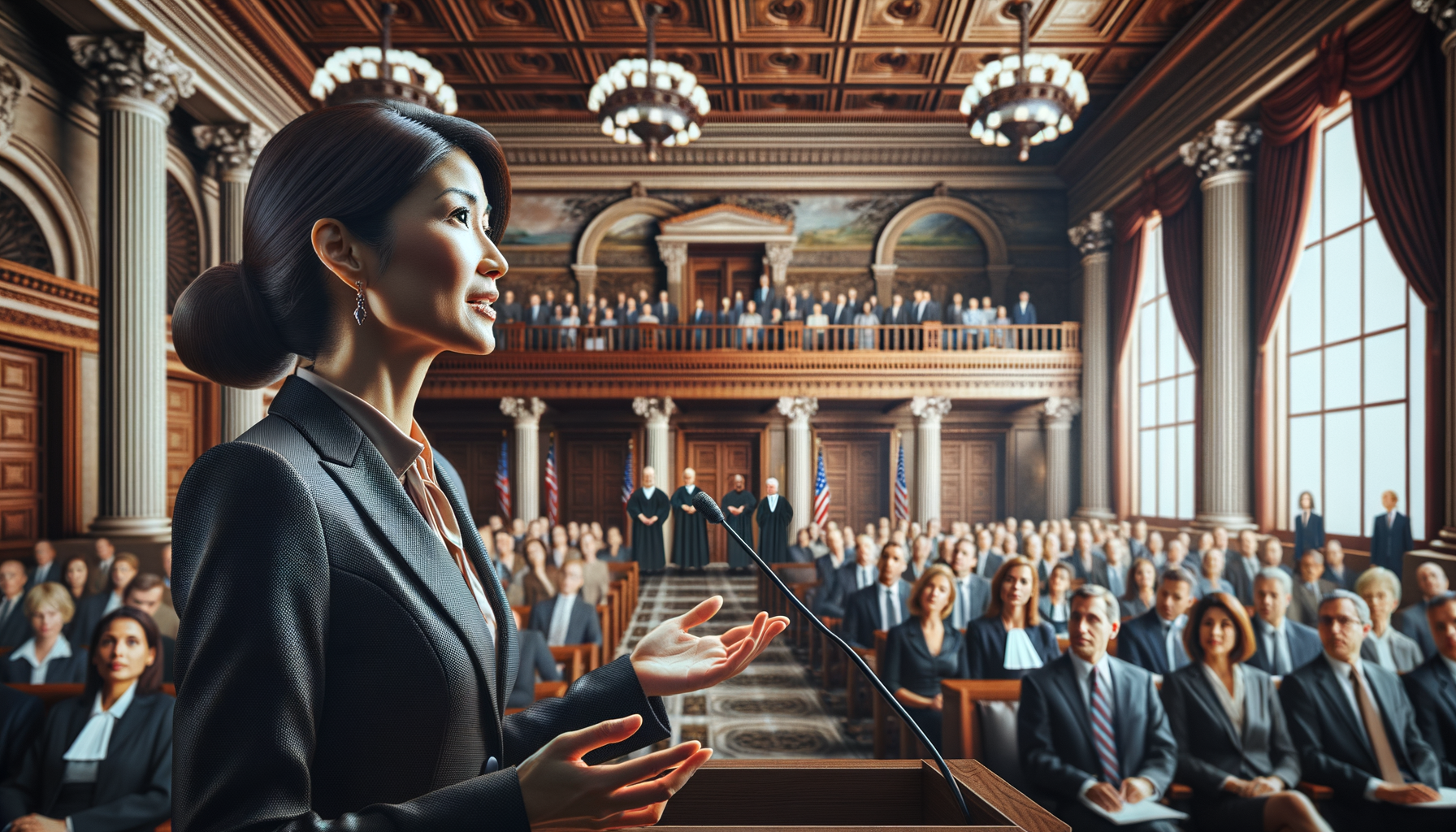IRAC Summary of Moore v. Harper
Issue:
The central issue in Moore v. Harper was whether the “independent state legislature theory” under Article I and Article II of the U.S. Constitution allows a state legislature to redistrict federal congressional districts independently of any constraints imposed by the state constitution and judicial review by state courts.
Rule:
The U.S. Constitution assigns the power to regulate federal elections to the states through their legislatures, and the state constitution provides an avenue for state judicial review of legislative actions. The legal question revolves around the interpretation of the Elections Clause (Article I, Section 4) and the Presidential Electors Clause (Article II, Section 1), and prior case law addressing the balance of power between state legislatures and state courts in the context of federal elections.
Application:
In applying these constitutional provisions, the case would analyze the text and context of the relevant clauses, historical understanding and practice, and the implications for federalism and democratic governance. The court would likely consider precedent from cases such as Bush v. Gore and Rucho v. Common Cause to assess the roles of state legislatures and courts in overseeing federal elections.
Conclusion:
The Supreme Court’s conclusion in this case would resolve whether the independent state legislature theory is valid and to what extent state legislatures have authority over federal election rules without intervention from state courts, thereby determining the constitutionality of the state court’s actions in reviewing and striking down the legislature’s redistricting plan.
Detailed IRAC Outline of Moore v. Harper
Issue:
- Does the independent state legislature theory permit a state legislature to establish redistricting plans for federal elections free from constraints imposed by the state constitution and oversight by state courts?
Rule:
- Article I, Section 4 of the U.S. Constitution: The Times, Places and Manner of holding Elections for Senators and Representatives shall be prescribed in each State by the Legislature thereof; but the Congress may at any time by Law make or alter such Regulations, except as to the Places of chusing Senators.
-
Article II, Section 1 of the U.S. Constitution: Each State shall appoint, in such Manner as the Legislature thereof may direct, a Number of Electors…
-
Precedent and case law interpretation of these clauses including the consideration of past decisions that have discussed the balance of power between state legislatures and state courts.
Application:
- Analysis of the text of the Elections Clause and the Presidential Electors Clause to determine the scope of the legislature’s power in regulating federal elections.
-
Examination of the historical context and framers’ intent behind these constitutional provisions.
-
Review of prior Supreme Court decisions relevant to the interpretation of the powers of state legislatures and the role of state courts in election cases.
-
Evaluation of the implications of the independent state legislature theory on state checks and balances, federalism, and democratic norms.
-
Consideration of the potential consequences of the court’s decision on the administration of future federal elections and the power dynamics between different branches of state government.
-
Discussion of the specific facts of the case where the state court invalidated the legislature’s redistricting plan based on the state constitution, and the legislature’s claim that this was impermissible under the U.S. Constitution.
Conclusion:
- The Supreme Court would conclude on the validity of the independent state legislature theory by either affirming the state court’s authority to review legislative actions concerning federal elections under the state constitution or by recognizing the primacy of the state legislature in this domain, effectively barring state judicial review of certain election-related decisions. The outcome would define the extent to which state legislatures can act independently of other state constitutional constraints when regulating federal elections.
